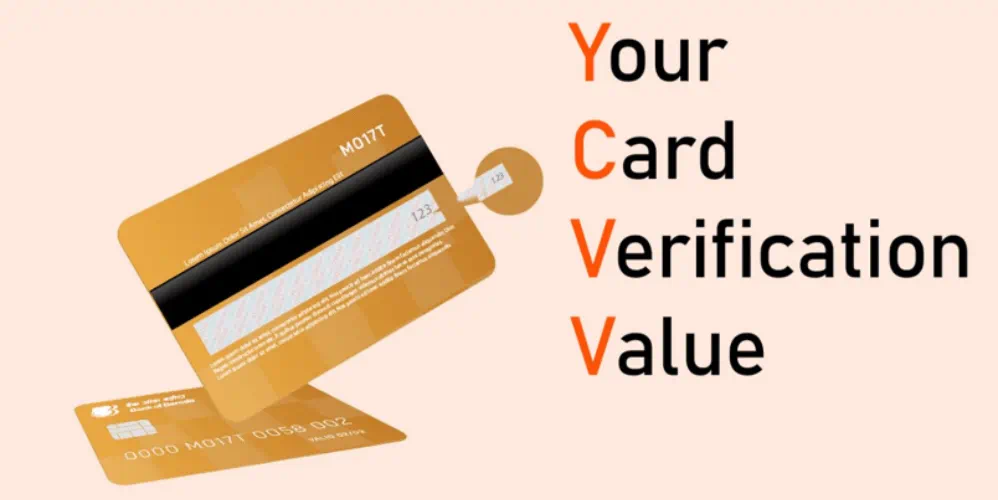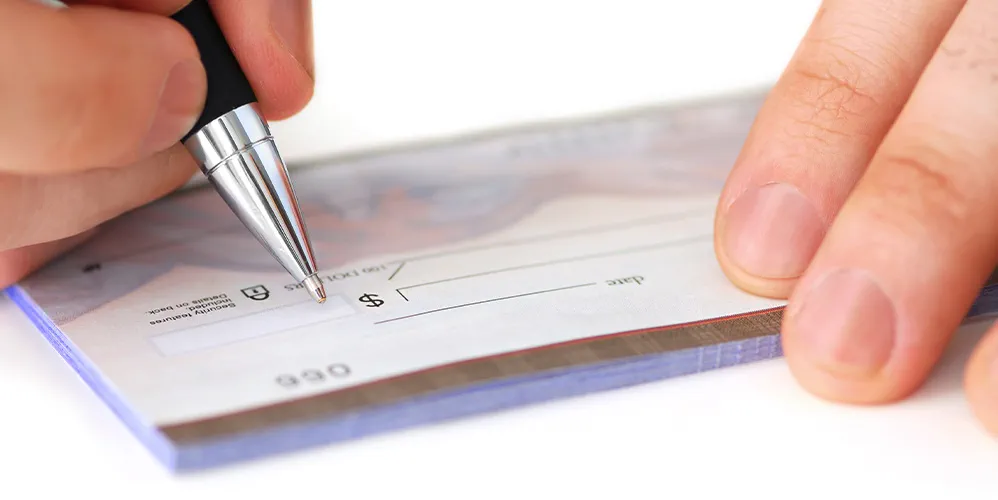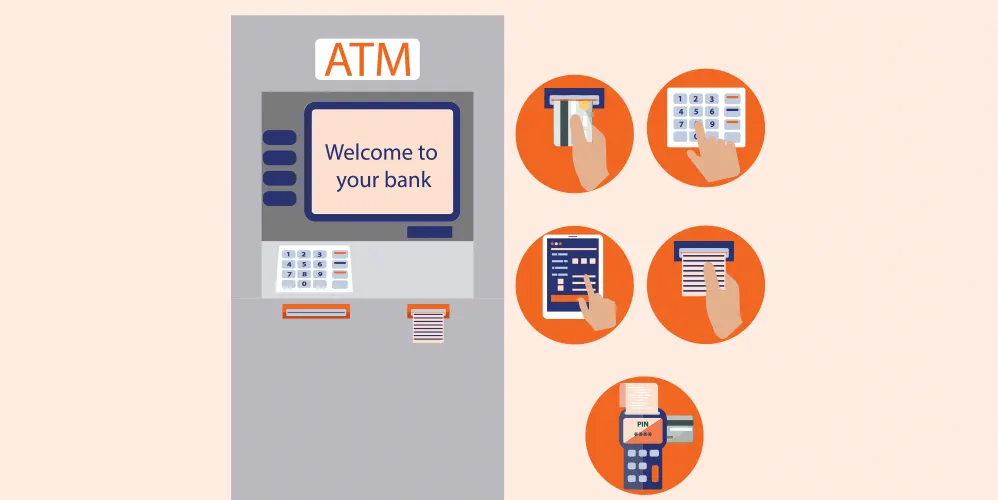
बचत बनाम निवेश: पैसे कमाने के लिए कौन सा बेहतर है
27 जुलाई 2022

Table of Content
Comparing savings and investments is like comparing apples and oranges. While they are both fruitful to your financial wellbeing, they are both very different concepts. Despite this, the two terms are often used interchangeably.
This can lead to a lot of confusion, especially for those who have just started earning and are thinking about accumulating funds for their future goals. Keeping this in mind, the following article will pit saving vs investing head-to-head to see how they compare to each other and the different financial goals they can fulfil. Let’s go!
What is saving and investing?
Saving money usually refers to a simple form of wealth accumulation, such as putting away money in a bank account or a fixed deposit. On the other hand, investing refers to the purchase of certain assets such as stocks, gold, land and so on in the hope that they will appreciate over time.
What is the difference between savings and investments?
Saving and investing are quite similar because they both help you achieve a comfortable financial future. Therefore, it is equally important that you do both. However, they are not the same.
Let’s look at some key points of difference between these two financial concepts to understand when it is best to save and when it is best to invest.
• Risk & return:
This is perhaps the most significant difference between saving and investing. Investments are subject to market risks. Hence, generally Investments may result in burgeoning returns over the long term, but also carry higher risk and volatility especially in the short term,. On the other hand, savings instruments usually offer lower yet predictable or guaranteed returns and are thus considered safer than investments.
• Objective:
Investments are usually geared for long-term goals such as your retirement, the purchase of a house or to cover the cost of your child’s education. Savings can also serve these objectives. However, since they offer conservative returns, it would take much longer to build the corpus of funds required to meet these goals. Therefore, savings are better suited for short-term financial goals, such as your daily and monthly needs. A secondary objective of savings is to ensure you are financially prepared for financial emergencies as well.
• Protection against inflation:
Since savings instruments usually offer lower levels of returns, they do not offer much protection against inflation. On the other hand, investments offer much higher returns and can help you effectively combat inflation especially from a long-term perspective.
• Liquidity:
Investments such as gold and land offer lower levels of liquidity. Other investment instruments such as mutual funds while liquid may entail penal charges if you liquidate them before a predefined / maturity date. Savings, on the other hand, are usually highly liquid instruments. That’s why they are better suited for short term financial goals and financial emergencies.
Investing vs saving, which is better?
Is investing better than saving, which is more important, should I start saving first or should I invest my money instead – these questions can seem really confusing, but the answer is simple. Both savings and investing are equally important, and you need to do both if you want to secure your financial future. Doing one without the other could lead an imbalance in your personal finances.
You also need to remember that neither investing nor saving is better in all given circumstances. The right choice between the two ultimately depends on your current financial situation. If you need funds for short-term goals, you should start saving. However, if you need funds for long-term goals, it is better to start investing. And balancing both can help you successfully achieve your short and long term financial goals.
How to save effectively:
Saving money is easier said than done. With mounting expenses and rising inflation, setting aside money every month can seem like a daunting task. However, it is extremely important that you get into the habit of saving money, even if it means starting with small amounts. This is because small amounts saved periodically can snowball into a large amount of money over time.
Creating an emergency fund should be your first savings goal. This is a corpus of funds equivalent to 6 months or a year’s income. It will be your safeguard in case you lose your source of income or become incumbent due to illness or injury. Next up, you can start saving for short-term goals such as an annual vacation, a new smartphone and so on. Recurring deposits are a great way to meet these goals. They act as a sort of forced saving that will help you tuck away money every month.
Saving instruments are generally very safe, so you don’t really have anything to worry about on that front. What you should look for is better returns! Choose your savings instruments wisely, go for higher returns so you can maximize your earnings.
How to invest efficiently:
Do your research on the various investment options and pick the ones that suit your needs best. When you do find the right investment instruments, remember to start small and build on them over time. Keep in mind that investments carry varying levels of risk and return. Therefore, it is important to diversify your investments as per your risk appetite, investment horizon and disposable income. Don’t put all your eggs in one basket!
Another thing to remember is that investments can be volatile in nature, especially over short periods of time. That’s why it is important to stay invested for at least 3-5 years before thinking about pulling the plug on any of your investments. This also means that you should only invest money you won’t need during that time frame, else you might have to withdraw your funds prematurely in case of a financial emergency.
Lastly, remember to read all the terms and conditions before investing. Make sure you are aware of all the charges and fees involved before committing any of your funds. The last thing you want is to be blinded sided by some hidden costs that eat into the value of your investment or reduce your returns.
Conclusion:
To save or invest. This is a dilemma that many individuals face. So, fret not if you are deliberating on similar lines, as you are not alone. Just remember that both are crucial for your financial wellbeing. Therefore, if you have not started either doing either of them, it is prudent that you do so immediately.
You can consider opening Bank of Baroda saving account to start tucking away money for your future needs. You can enjoy interest rates up to 2.75% on your funds. You can also choose from numerous other savings instruments such as fixed deposits, recurring deposits, and many others that offer even better interest rates.
And in case you are looking at Investing, Bank of Baroda offers a variety of Investment products and solutions including Mutual Funds. Open an Investment Services Account by visiting your nearest branch and get access to appropriate Investment products on the go, through the bob World mobile application.
Get in touch today to know more.
Popular Articles
Related Articles



What is CVV on a Debit Card? Understanding Its Importance and Security Features


How to Update Your FASTag KYC: Step-by-Step Guide for Online & Offline Methods




The Importance of Pension Funds: Secure Your Future with Steady Retirement Income

-
डिस्क्लेमर
इस लेख/इन्फोग्राफिक/चित्र/वीडियो की सामग्री का उद्देश्य केवल सूचना से है और जरूरी नहीं कि यह बैंक ऑफ बड़ौदा के विचारों को प्रतिबिंबित करे। सामग्री प्रकृति में सामान्य हैं और यह केवल सूचना मात्र है। यह आपकी विशेष परिस्थितियों में विशिष्ट सलाह का विकल्प नहीं होगा । बैंक ऑफ बड़ौदा और/या इसके सहयोगी और इसकी सहायक कंपनियां सटीकता के संबंध में कोई प्रतिनिधित्व नहीं करती हैं; यहां निहित या अन्यथा प्रदान की गई किसी भी जानकारी की पूर्णता या विश्वसनीयता और इसके द्वारा उसी के संबंध में किसी भी दायित्व को अस्वीकार करें। जानकारी अद्यतन, पूर्णता, संशोधन, सत्यापन और संशोधन के अधीन है और यह भौतिक रूप से बदल सकती है। इसकी सूचना किसी भी क्षेत्राधिकार में किसी भी व्यक्ति द्वारा वितरण या उपयोग के लिए अभिप्रेत नहीं है, जहां ऐसा वितरण या उपयोग कानून या विनियमन के विपरीत होगा या बैंक ऑफ बड़ौदा या उसके सहयोगियों को किसी भी लाइसेंसिंग या पंजीकरण आवश्यकताओं के अधीन करेगा । उल्लिखित सामग्री और सूचना के आधार पर किसी भी वित्तीय निर्णय लेने के लिए पाठक द्वारा किए गए किसी भी प्रत्यक्ष/अप्रत्यक्ष नुकसान या देयता के लिए बैंक ऑफ बड़ौदा जिम्मेदार नहीं होगा । कोई भी वित्तीय निर्णय लेने से पहले अपने वित्तीय सलाहकार से सलाह जरूर लें।
कारोबार चालू खाते के लिए पूरी मार्गदर्शिका
जब आप किसी व्यवसाय की शुरूआत करते हैं, तो आपको कई नयी चीजों की स्थापना करनी होती हैं। आपको एक कार्यालय स्थान,एक दुकान किराए पर लेने या अपना कारखाना स्थापित करने की आवश्यकता हो सकती है। आपको अपने व्यावसायिक लेनदेन को व्यवस्थित करने के लिए बैंक खाता खोलना आवश्यक है। तथापि, बुनियादी बचत खाता पर्याप्त नहीं हो सकता है। आपको एक ऐसे खाते की आवश्यकता है जो असीमित लेनदेन को किया जा सके, अर्थात एक चालू खाता। इस आलेख में दर्शाया है कि चालू खाता क्या है, यह आपके व्यवसाय के लिए क्यों आवश्यक है और चालू खातों के कई फायदे हैं।
वेतन खाता बनाम बचत खाता
एक बैंक खाता आमतौर पर पहली चीज है जिसके माध्यम से आप आरंभिक रूप में बचत की शुरुआत करते हैं । भारतीय बैंक विभिन्न प्रकार के खातों को परिचालित करते हैं जिसमें आप पैसे जमा कर सकते हैं, ब्याज अर्जित कर सकते हैं एवं उसे संग्रहित कर सकते हैं। इनमें से, सबसे आम खाते नियमित बचत खाता और वेतन खाता हैं। इस लेख में, हमने वेतन खाते और बचत खाते के बीच के अंतरों की तुलना की है।

